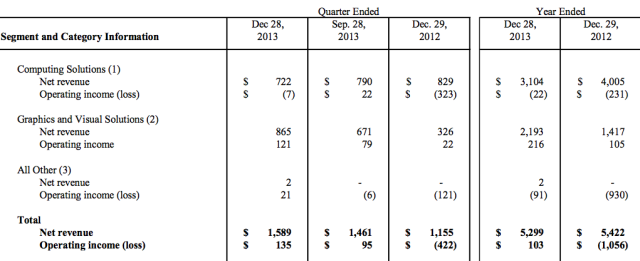A four-month long survey using 19 secret shoppers inquiring about plug-in cars at 85 dealerships in various states found what anecdotal accounts have been saying for the past three years: the experience can be spotty.
That is, while there were exceptions, salespeople frequently gave incorrect answers to specific questions about tax breaks, charge times, operational costs, vehicle range, and more.
The salespeople varied in their knowledge and even enthusiasm to the point that 13 dealers actually discouraged customers from buying plug-ins – seven of these were in New York.
The survey conducted from December 2013 through March 2014 also found variances between brands.
When it came to answering basic questions, we found that salespeople at Chevrolet, Ford, and Nissan dealerships tended to be better informed than those at Honda and Toyota, with a notable distinction between Chevrolet and Toyota. This jibes with what we’ve found in talking to other representatives from these automakers. Ford, General Motors, and Nissan have made significant investments in plug-in vehicles, while they seem to be an afterthought in the Honda and Toyota lineups, and seem to lack corporate support. Rather than emphasize plug-ins, Honda and Toyota have been focusing their efforts on developing fuel-cell vehicles.
Consumer Reports added:
“Toyota salespeople, especially, were more likely to discourage the sale of plug-in models and less likely to give accurate or specific answers to basic questions about electric cars or to say they didn’t know.”
For example, when asked about the battery warranty and how long the electric-car battery would last, one salesperson at Culver City Toyota in California said the Prius Plug-in required a battery replacement “every couple of years.” Perhaps they were referring to the car’s standard 12-volt starter battery, which our surveys have shown require more frequent replacement than in other cars.
Most of the Toyota dealerships we visited recommended against buying a Prius Plug-in and suggested buying a standard Prius hybrid instead. That may just be good advice: In our own tests, we found the Prius Plug-in offered a scant mileage advantage over the standard Prius at a huge additional cost. (We also spoke to a couple of Toyota dealers about buying a RAV4 EV, but the results were mixed and not significant.)
Degree of inventory also seemed to affect things. Most dealers had only one or two plug-in vehicles on hand.
Dealers with greater volume tended to have greater knowledge and enthusiasm.
Salespeople who had few electrics to choose from generally fell into two opposite camps when asked why. The most common answers, given by 21 dealerships, were that the cars were very popular or sold out. The next most common answers were “lack of consumer interest” and “nobody buys them.” A middle camp said it was because automakers don’t build very many or that electric cars are new technology.
Of the 13 dealers who discouraged a plug-in sale, most had little or no inventory. At 35 dealerships, salespeople suggested a gas car instead.
“Besides the standard Prius, a few of these cases seemed like reasonable advice,” wrote CR. “For example, one salesperson suggested a Nissan SUV instead of a Leaf when our shopper told him she had a commute that would stretch the Leaf’s range.”
But despite all the not-so-great experiences, CR said most secret shoppers came away feeling generally positive.
“In the end, most salespeople seemed to have the consumer’s interest at heart, though a few were clearly not interested selling a plug-in car they knew little about,” wrote CR. “Still, even at the least knowledgeable dealership visited for this project, our secret shopper said they felt positive about the experience overall.”
Bottom line: Do your research. Don’t expect to be educated by the salesperson. You may learn new things, if you happen upon may, if you get a one who has the right degree of enthusiasm and knowledge.
But otherwise, the car dealer’s purpose may be best at only letting you sit in, and drive the car your research may have led you to consider.
Consumer Reports
The post Consumer Reports finds find mixed results with plug-in car salespeople appeared first on HybridCars.com.



